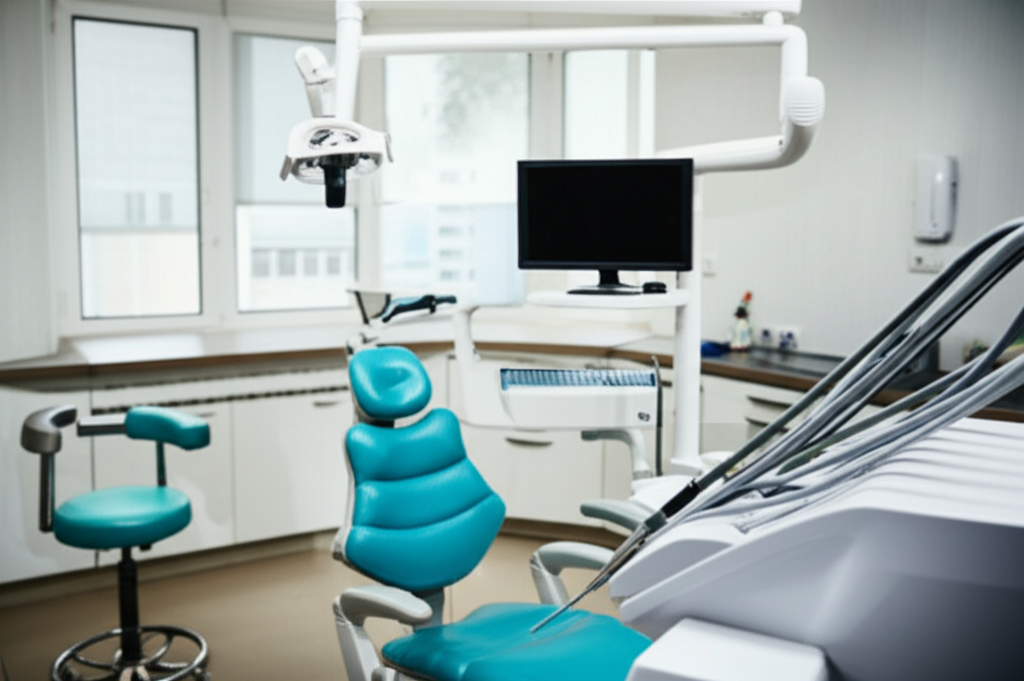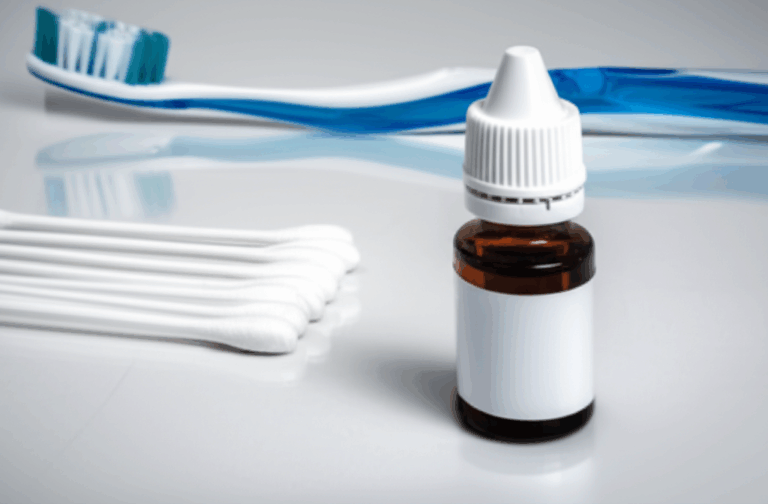
How to Spot a Bad Dentist: 15 Red Flags to Protect Your Oral Health
Table of Contents
Introduction: Why Identifying a Bad Dentist Matters
When you go to the dentist, you’re trusting them with your teeth, smile, and even your comfort. It’s about your health, not just their skills, but how honest and caring they are. I’ve seen friends, family, and even myself start to wonder sometimes—am I really in good hands? If you’ve sat there in that chair and felt unsure, maybe because your appointment was rushed or the bill shocked you, you’re not the only one. Seeing when a dentist is bad isn’t just about saving cash. It’s about looking after yourself and not getting hurt or stressed out.
I’m going to show you fifteen warning signs I’ve noticed, both from my own visits and from hearing about others. I want you to feel sure you know what to look out for, so you can speak up, avoid trouble, and keep your teeth—and yourself—safe.
Warning Signs Before Treatment: Red Flags in the Office & Consultation
A. Office Environment & Staff
You can spot some clues about a dentist before you even see them. Walk into a messy or dirty office? That’s already a bad sign. Here’s what I always look for:
- Dirty rooms or things not cleaned right: I remember going into a place and it just smelled weird, and there were old gloves on the floor. If they can’t keep the waiting room clean, you bet the other rooms aren’t too good either. Dirty spaces can give you germs or spread stuff between people.
- Lots of new faces or unhappy workers: If the front desk worker looks scared, or you see new helpers every time, something’s up. Usually, it means the boss isn’t nice or the place isn’t run well.
- Things are messy or confused: Ever wait forever for your turn, or find out they lost your folder? If the office can’t get things together, they probably mess up on more important stuff, too.
- Pushing you to do expensive work fast: If someone keeps telling you, “You need this big treatment now!” or “You’ll miss out if you don’t book,” walk away. A good office cares about you, not just about the money.
It doesn’t take much to spot these things. Trust your gut—if something feels wrong, don’t ignore it.
B. Dentist’s Communication & Demeanor
You really learn what your dentist is about from the way they talk to you. Here’s what I notice:
- Bad attitude or being rude: Once I had a dentist who wouldn’t talk, just gave orders and got annoyed when I asked something. If they act like you’re a problem, they probably won’t give you good care.
- Doesn’t explain things clearly: A good dentist wants you to know what’s going on. If you ask and get a bunch of fancy words or just “it’s normal,” that’s not okay. You should get to hear the risks, the choices, and why it’s needed.
- Acts like your pain or worries don’t matter: After a filling, I told my dentist it hurt, and he just rolled his eyes and said, “Everyone’s sore.” That made me feel stupid and nervous. You should have someone who listens and takes time to answer.
- Trying to sell you lots of treatments: Some will want you to get crowns, root canals, cleanings, or other things you’re not sure about. If you feel pushed into stuff, you can always ask for proof or another dentist’s advice.
If a dentist can’t talk to you in a way that feels right, it’s a bad sign.
C. Financial & Billing Practices
A confusing or huge bill is always a reason to be careful. This is what I look out for:
- Doesn’t explain prices or insurance: I ask for the cost ahead of time with every visit. If they can’t give straight answers, or the cost seems different every time, watch out.
- Wants all the money before doing work: If they ask you to pay a lot right now, or say “insurance won’t help,” and can’t explain, that’s not good.
- Charges for stuff you didn’t get: Look over your bill for x-rays or extras you never even saw. Ask about things that don’t seem right.
Whether it’s a mistake or on purpose, wrong bills can get big fast. You should always know what you’re paying for.
Warning Signs During and After Treatment: Poor Workmanship & Outcomes
A. During the Procedure
Once the work starts, you’ll notice even more signs. Here’s what I’ve seen:
- Hurts way too much: One time during a simple filling, the shot wasn’t working but the dentist kept going. That’s not how it should go—pain should be managed, and they should check on how you feel.
- Acts rushed or distracted: If your dentist is in a hurry, talking to others, or leaves you alone a lot, mistakes can happen. Doing it right takes time.
- Dirty tools or things breaking: Seeing them use a broken tool or something not cleaned will make anyone worry. Everything should be clean and safe to use. If not, say something—or just leave.
Dentistry isn’t simple work. If you see short-cuts, that puts you at risk.
B. Post-Treatment Complications & Persistent Issues
How you feel when you leave, and for days afterward, matters a lot. Here’s what I watch for:
- Pain that doesn’t go away: If you feel bad or in pain days later, something’s wrong. Pain, swelling, or aches that stick around can mean they made a mistake or you got an infection.
- New problems after the visit: Dental work should fix things, not make things worse. If you can’t chew, your teeth feel weird, or it hurts in a new way, that’s a warning.
- Keep having to go back for the same problem: Once I went back three times for the same crown that kept falling out, and the dentist blamed my mouth, not his work. A second dentist fixed it for good. If work keeps failing, something’s not right.
- Infection or gets worse rather than better: Stuff like swelling, pus, fever, or pain getting worse fast might mean infection—a medical emergency from bad work.
- Hurts other teeth or areas: Bad dental work can crack a tooth next to it or hurt your gums. That’s almost always avoidable with care.
Don’t let any dentist talk you out of your own feelings. You know your mouth best.
How to Verify a Dentist’s Credibility
Finding warning signs is only part of it. Here’s how I check if a dentist is the real deal:
- Check Licenses & Past Problems: Your dentist should have a license from your state dental board. You can usually check this online, and see if they’ve had trouble or complaints before.
- Read Reviews, but Think Carefully: Some reviews are picky, but if you see lots about being rude, bad work, or money problems, take it seriously.
- Ask around for Recommendations: Family, friends, or even your doctor might know who is really good.
- Ask about School and Training: Things change in dentistry fast. Ask what school they went to, and if they learn new things or use new tools. Old ways or old machines can make work worse.
Most dentists who are proud of their work will be happy to show you their proof, or talk about the labs they use. If you want to know how things like crowns or veneers are made, check out a china dental lab to learn more about quality and standards.
What to Do if You Suspect a Bad Dentist
If something feels off, you don’t have to just take it. Here’s what I’d do—and what I’ve seen work for others:
- Get a Second Opinion: The best thing you can do is find another dentist, take your records, and ask them for another look. It can really help you know for sure.
- Write Everything Down: Keep track of what happened, what you paid, when, and what you were told. Hold on to your bills and receipts.
- Speak Up: Sometimes it’s just someone new making a mistake or not explaining things well. Ask your questions and see how they handle it. Good offices want to help and will listen.
- Report Them: If you find out something is really wrong, like fraud or someone got hurt, you can tell your state dental board. They help with complaints and can look into it.
- Get Legal Help if You Need: If you were badly hurt or it was really serious, talk to a lawyer. Keep all your papers and ask for advice before you do anything big.
From what I’ve seen, starting these steps helps people feel less scared and more in control.
Conclusion: Prioritizing Your Oral Health
If you made it all the way through, I hope you feel ready and sure about what to do if you see something wrong. Finding a bad dentist isn’t just about money or pain—it’s about feeling strong enough to protect yourself.
Here are some things to remember:
- Always look closely at your dentist and their office.
- Trust your feelings—if it seems wrong, don’t be afraid to ask someone else.
- Don’t accept anything less than the best—you deserve it.
Being smart about your dentist is more than just good sense—it’s a must for your health. Want to learn how your dental crowns or other work is made? Take a look at a dental ceramics lab or maybe a crown and bridge lab to see what real, careful, high-quality care looks like.
And most important: Trust yourself. Ask questions. Your teeth and your health are worth it.
If you liked these tips or want to share your own experience, leave a comment below. Your story could help someone else, too!








